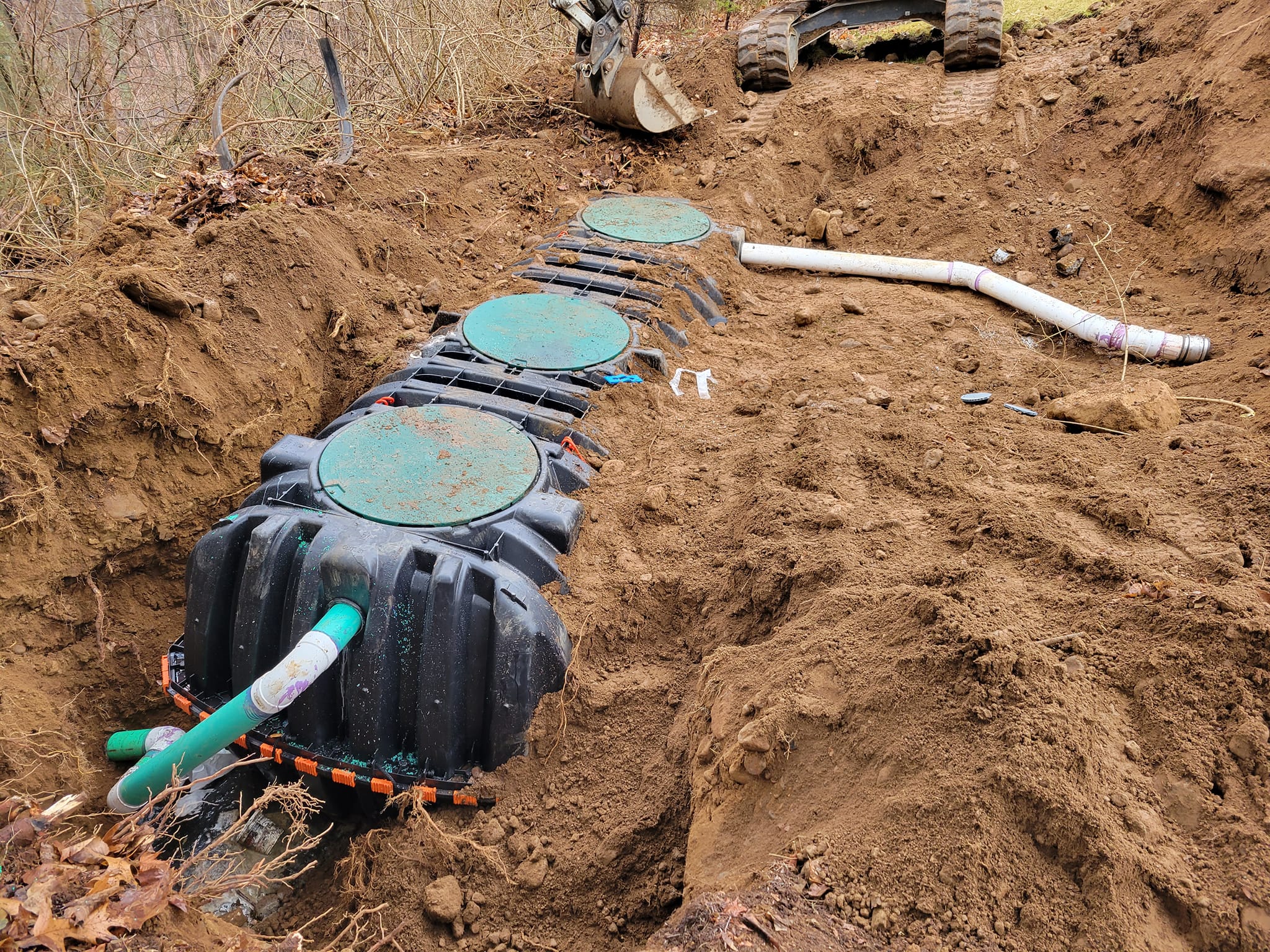
Maximizing Septic System Lifespan: Best Practices for Maintenance and Care Jul 27, 2025
First and foremost, regular inspections and pumping are foundational for a healthy septic system. An average household septic system should be inspected by a professional at least every three years. Septic tanks are typically pumped every three to five years depending on household size, tank size, total wastewater generated, and volume of solids in wastewater. Regular inspections and timely pumping prevent major system failures and save homeowners significant costs by identifying potential minor issues before they escalate.
Be mindful of what you flush or pour down the drain. A septic system is sensitive, and improper waste disposal can lead to major blockages or damage. Avoid disposing of items such as non-biodegradable materials, fats, oils, and grease into the system. Hair, coffee grounds, and hazardous chemicals are also on the list of potential septic hazards. Even items marketed as "flushable" like baby wipes or certain toilet tissues can compromise your septic tank's efficiency. Opt for waste disposal methods that support your system's longevity.
Water conservation plays a crucial role in septic system maintenance. Excessive water usage can overload your septic system and disrupt the balance of waste and water within the tank. Simple changes such as fixing leaks, installing high-efficiency toilets, and using energy-saving dishwashers and washing machines can reduce your water footprint dramatically. Staggering the use of heavy water-using appliances and conserving water daily helps keep the septic system balanced and working effectively.
Landscape management is another critical factor. The placement of your septic system should be considered in your landscaping plans. Keep trees and shrubs at a safe distance as roots can infiltrate and damage the system. It's also important to avoid placing heavy items like parked vehicles or portable equipment over the tank or drain field as they can crush important components of the underground system. Proper position and protection of the septic tank within its surrounding landscape are key to avoiding physical damage.
In addition, septic system additives might seem like a helpful option, but they're often unnecessary. Many claims about the benefits of additives are not substantiated by research, and in some cases, they can upset the natural bacterial balance within your septic tank. Always consult with a professional before considering the use of any septic additives.
Lastly, ongoing vigilance is your best asset. Being alert to early warning signs of trouble, such as unpleasant odors, slow drains, or unusually lush green grass over the drain field, can indicate a failing system. Prompt attention to these signs by contacting professionals like Nick's Septic And Excavation can prevent minor inconveniences from developing into significant repair challenges.
Keeping your septic system in top condition requires a dedicated but wise approach. By committing to regular maintenance, conserving water, and being mindful of what enters your system, you're ensuring that you maximize its lifespan and effectiveness. With these practices as part of your routine, you can enjoy a functional, reliable septic system with fewer hassles for years to come. Nick's Septic And Excavation is here to assist with expert guidance and septic services to suit all your needs.
/filters:no_upscale()/media/e491f599-15bf-420d-820c-7c0945153d7c.jpeg)
/filters:no_upscale()/filters:format(webp)/media/a4d2e976-c622-4855-a451-35191e78c30d.jpeg)